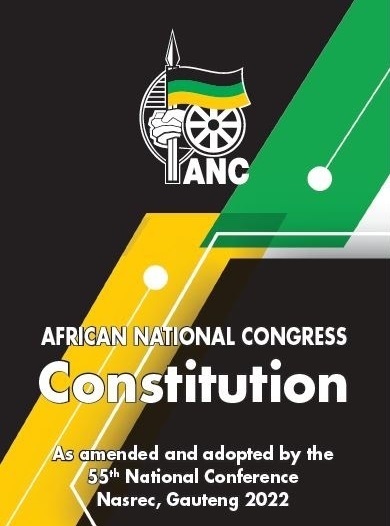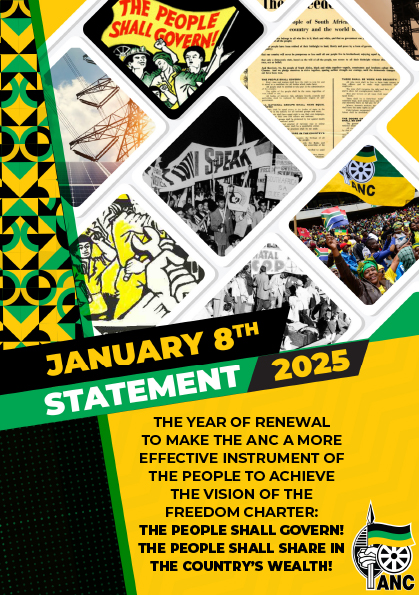The passing of revered and respected theologian Rev. Cedric Mayson in many respects, marks the end of an era. Like his contemporaries the late Dr. Beyers Naude and Rev. Theo Kotze: his life and work was steeped in the teachings of liberation theology. During apartheid’s darkest days, when many established churches both endorsed and implicitly supported the segregationist policies of the Nationalist Party – Rev. Mayson was among those few men of the cloth who spoke for social justice. Many of South Africa’s churches turned a blind eye to the injustices of apartheid: and in particular the Dutch Reformed Church to which many high-ranking Nationalists belonged.
Liberation theology, as such, may be defined as “an interpretation of Christian faith out of the experience of the poor…an attempt to read the Bible and key Christian doctrines with the eyes of the poor.” Although some of its better known associations are with the Catholic Church in Latin America in the 1950’s, it also found expression in parts of Africa as a moral rejection of the passivity of the Church against either oppressive governments (such as South Africa), or lack of activism by mainstream churches against vast disparities between the lives and living conditions of the rich and the poor.
As an ordained Minister in the Methodist Church Cde. Cedric didn’t just play a key role in the faith community in South Africa: through his activism in the Christian Institute he, together with fellow liberation theologians, brought his brand of Christianity dedicated to social justice and human rights right to the fore of the liberation movement’s philosophies.
The late Cde Cedric was a full time member of the Christian Institute between 1974 and 1977. The organization, which “sought to mobilize the churches in support of black initiatives for change”, would later go on to publish under its auspices one of the most powerful indictments of apartheid South Africa: the Kairos Document. It was issued in 1985 by a group of black theologians challenging the passivity of the church in South Africa with regards to condemning the excesses of the apartheid regime. The document included 150 signatures of church leaders and theologians, whose names remain anonymous to this day.
Condemning what they called ‘state theology’ prevalent in apartheid South Africa, it addressed the apparent contradictory position of churches calling for social justice whilst at the same time endorsing apartheid.
The call to action of the Kairos Document, for a South Africa based on the Christian values of shared humanity, compassion, universal human rights and social justice – were all themes the late Cde. Cedric Mayson held dear and he imparted to his parishioners. For this, his adopted country (he was born in the United Kingdom in 1927) he paid a heavy price: bannings, detention, charges of treason,and exile.
In 1982 he was arrested and charged with high treason, alternatively of terrorism and furthering the aims of (then banned) African National Congress (ANC). It was charged he had held discussions with ANC officials, distributed copies of a tape of a speech made by the late Cde. Oliver Tambo, and that he assisted several people to leave the country illegally to undertake ANC or SACTU activities.
His subsequent flight to England whilst out on bail even earned him column space in the venerable New York Times: whose headline on 19 April 1983 was “South African flees his trial for treason”. The article detailed the late Cde. Cedric detention without trial in an apartheid jail: including on how he was forced to stand naked during his interrogation for two days and being assaulted by a policeman.
Notably, the late Cde. Cedric told journalists in telephonic interviews from the UK that he feared his trial might be used ‘to compromise some of his closest associates.’ The late Dr. Beyers Naude for example was to be called as a state witness, facing jail if he refused.
At a time when many would have buckled under pressure to betray their comrades, he close a hard, bitter life of imposed exile than betray the liberation movement.
During his time in exile the late Rev. Mayson was a visible, highly active cadre of the ANC in exile, serving as the interface between political and religious groups.
After 1992 he worked with the Faith and Mission Department of the South African Council of Churches (SACC).
He was a prolific author of articles and books. As one of the local convenors of the World Conference on Religion and Peace (WCRP) he also wrote extensively on spirituality and common values as a foundation for increased understanding between the different faiths.
His 2010 work, “Why Africa Matters” was a testament to Afro-optimism, dispelling the myth of the ‘Dark Continent’ and calling for a re-examination of the relationship between Africa and the West that is founded on mutual respect. One reviewer called it “an astonishing book…that reveals the richness of Africa’s peoples, traditions and cultures, and why that is good news for the world.”
His work “A Certain Sound: The struggle for liberation in South Africa” is regarded as a seminal work on the period through the eyes of a clergyman.
As the Convenor of the Commission for Religious Affairs in the ANC the late Cde. Cedric repeatedly affirmed the important role of not just the church, but all religions, in advocating for social justice and the realisation of the human rights promised all South Africans in the Constitution.
Many not just in the liberation movement and the ANC but all who had the fortune of meeting him or listening to his weekly SABC show Credo, will remember his humility. He was never a man who sought accolades and position: despite his incalculable contribution towards the liberation of this country.
As one friend, Horst Kleinschmidt wrote in an online tribute: “he must be remembered for not giving up on working for a better South Africa and a better world till the end…he and (his wife) Penelope shunned comfort and material well-being, to live an honest life, and one that expressed solidarity with those whose lot in our vastly unequal world sought to change.”
The African National Congress is deeply saddened at Cde. Cedric’s passing: for we owe him a great debt. The generations who grew up under apartheid and whose children today enjoy the fruit of liberation – have much to emulate in the life of the late Cde. Cedric.
Albeit as a clergyman of a different denomination, his life’s battle for social justice embodied the words of the late Colombian priest and liberation theologian Camilo Torres : “The duty of every Catholic is to be a revolutionary. The duty of every revolutionary is to make the revolution.The Catholic who is not a revolutionary is living in mortal sin.”





